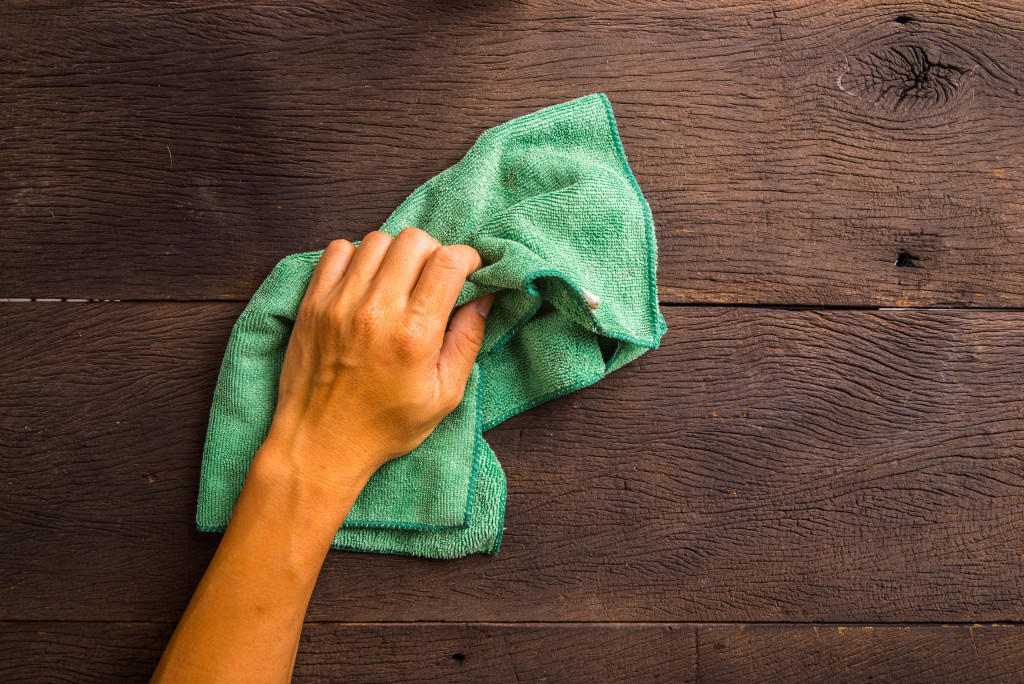Chores are responsibilities that few of us enjoy, yet they must be completed for a household to function correctly. While it is expected that adults would contribute to household chores, there is significant debate around allocating tasks to children.
Most parents prefer their kids to enjoy their childhood and let them be children as long as necessary, allowing them to enjoy lots of playing while still young. Others view kids as unable to complete their duties due to their age and experience effectively. These objections are reasonable yet miss a few valid points.
Although it’s true that not every child wants to clean the kitchen, studies suggest that assigning jobs to kids helps them develop life skills and mature into well-adjusted young people.
It helps strengthen bonds.
You may not believe that shared tasks equate to bonding time, but you never realize what may arise as you wash fruits and vegetables together. When you spend your time teaching chores to your child, meaningful interaction can take place gently – even while you wash dishes, drive to your local dry cleaners, mow the lawn or even walk with the dog. As our children become older, these joint activities can help them strengthen their bonds with people far into adolescence.
It helps them believe in their own abilities.
They may be inexperienced now, but know that our children will not stay that way forever. As they become more skilled at home activities, they begin to regard themselves as capable, boosting their self-esteem. In addition, they begin to consider themselves as decision-makers as the outcome of their actions would affect them significantly.
Washing, cleaning, and learning to be wise with money are just a few of the talents that your children will need after they leave the nest. These are vital life skills they don’t usually learn in schools, making it even more crucial to teach at home. Letting them do the chores will help them trust their own instinct and capability.
It assists them in the development of camaraderie.
As a parent, you may use housework to teach youngsters about being a productive part of a team. Your family is accountable to one another, and there are repercussions for failing to live up to one another’s standards. These lessons are taught and learned at home, where missteps are more easily pardoned and can help children build strong cooperation skills to apply at school and later on in life.
According to research, children who help with housework grow up to work effectively in groups. Taking on complex tasks lays the groundwork for cultivating a “can-do” mentality, which is beneficial in the profession and interpersonal interactions.

Additionally, chores are frequently associated with rewards and praises. For example, taking out the trash could earn them an hour playing their favorite video game or an additional allowance for the week. Rewarding children for good performance can instill an entrepreneurial spirit in them, motivating them to engage in decent activities outside the home as they reach their adolescent years.
It fosters accountability.
Most of us don’t entirely appreciate all of our parents’ hard work around the house until we move away from home. It goes the same with our kids. Thus, offering them tasks can assist in making this phase easier to understand. If kids grow up to be more responsible for cleaning up after themselves, they could become more conscious of the clutter they cause and appreciate the effort that goes into keeping a house clean.
Delegating responsibilities teaches them that their choices have consequences, too. For example, forgetting to put away their toys will force them to deal with the mess and possible damage. On a more positive note, remembering to water the garden will provide them a better place to run and play around with.
It fosters a sense of empathy.
Children learn more valuable lessons than simply hard effort and skill from chores. Kids have an intrinsic desire to assist others, and tasks help them develop empathy and attentiveness by showing them how to care for people around them.
According to a study, different places should be created where youngsters may participate in rituals and traditions that foster thankfulness, a feeling of responsibility for one’s community, and the ability to perform helpfulness and service. Incorporating gratitude throughout daily life can help children develop into happier, healthier individuals.
There is a delicate balance to be struck between assigning obligations to kids and providing them ample space to be children. When children are given tasks, they feel special. They do, however, require freedom to enjoy life, develop social skills, pursue passions and interests independently, and have fun when they are alone.
Thus, allowing kids to be children is entrusting them with significant responsibility for developing the skills necessary for healthy, resilient adults.




